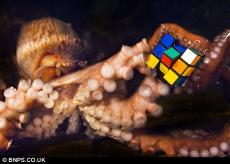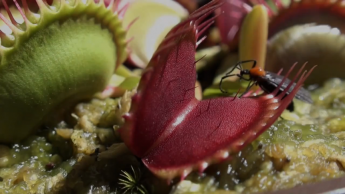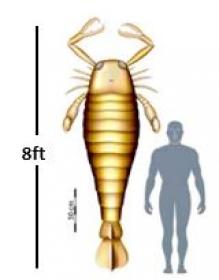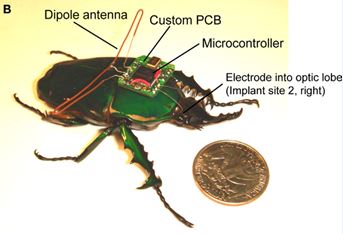Our weekly group meetings begin with a presentation by a lab member about their project: the underlying question, the experimental strategy, the results, limitations to progress, and plans for future experiments. We then exchange helpful suggestions about how to overcome obstacles, and ideas about what directions to head in next. Collectively our group has a great diversity of expertise – in molecular biology, electrophysiology, genetics, chemical ecology, behavior, and computational biology. To make the environment still more fertile, we have regular participants from other Yale groups, including Thierry Emonet’s group (expertise in Physics and Quantitative Biology).
The second part of our weekly group meeting is “Horizon Expansion”. Another lab member presents a topic that usually has some relationship to our research but that is chosen to stimulate us to think more broadly, and to see our work in a larger context. These sessions are usually enlightening and often quite entertaining.
Recent Horizon Expansion Topics
A social chemosignaling function for human handshaking 
The odorous house ant
The paleoanthropology of fermentation (and tasting of three ancient beers)
Octopus intelligence
Zika virus and neurobiology
Differences between the left and right nostril
Family trees of mosquitoes

Suppression of attraction to pheromones by mating
Automation of literature review
Sensory modalities of plants
A tiny insect with anucleate neurons
Network theory: banks and brains
Evolution of sweet taste in hummingbirds
Dispersal of yeast by insect vectors
Chocolate and empathy-like behavior in rats
Fruit fly self-medication and alcohol
Social networking in science
Laser microsurgery in model organisms
Superresolution microscopy
The calculus of Drosophila flight
Courtship in the yellow peach moth
Neuronal control of Drosophila walking direction & The Michael Jackson fly
Male researchers stress out rodents
Morality in everyday life
Cocoa-flavanols & age-related memory decline
Genetic background-dependent phenotypes
Traumatic brain injury (TBI) and Drosophila
Memory-enhancing role of caffeine in honeybees
Using canine olfaction to detect human disease
Biotic games
Commensal bacteria influence mating preference in Drosophila
Fear and CO2
Cyborg bugs
Composition of agarose substrate affects larval behavior
Prehistoric insects
A novel Drosophila model of nerve injury
The third arm illusion
Proteins that modify taste
The truth wears off - Is there something wrong with the scientific method?
Are there plateau potentials in Drosophila?
Fruit flies in space
Using Drosophila for the study of neuropsychiatric diseases
Freezing fruit flies
Effects of artificial sweeteners on the longevity of the fly
Aestivation of Anopheles in the Sahel
Odor receptors in the human skin

